Postgraduate Medical Education - PGME | Faculty of Medicine (uottawa.ca)
For more details about application requirements, please click our Fellowship Application Instructions dropdown on the previous page.

Canada is a well-developed country with strong health outcomes but also has populations with very poor access to perioperative care such as persons with low-income, the homeless and persons living in remote rural locations.
As the national capital, Ottawa is a vibrant cultural city that bridges English & French speaking Canada and provides unique access to the Federal Government as well as many national and international organizations operating in the global health arena.
The Global Health Anesthesia Fellowship is a one-year program designed to provide fellows with comprehensive training in anesthesia while focusing on global health issues. Through a combination of didactic sessions, hands-on clinical experience, and research opportunities, fellows will develop the skills and knowledge necessary to address the unique anesthesia-related challenges faced by low- and middle-income countries (LMICs) and underserved populations.
This fellowship is designed to advance perioperative care in underserved and marginalized populations in Canada and in low and middle-income countries in collaboration with local, national and international partner organizations such as the World Federation of Societies of Anaesthesiologists (WFSA) and the Canadian Anesthesiologists’ Society International Education Foundation (CASIEF).
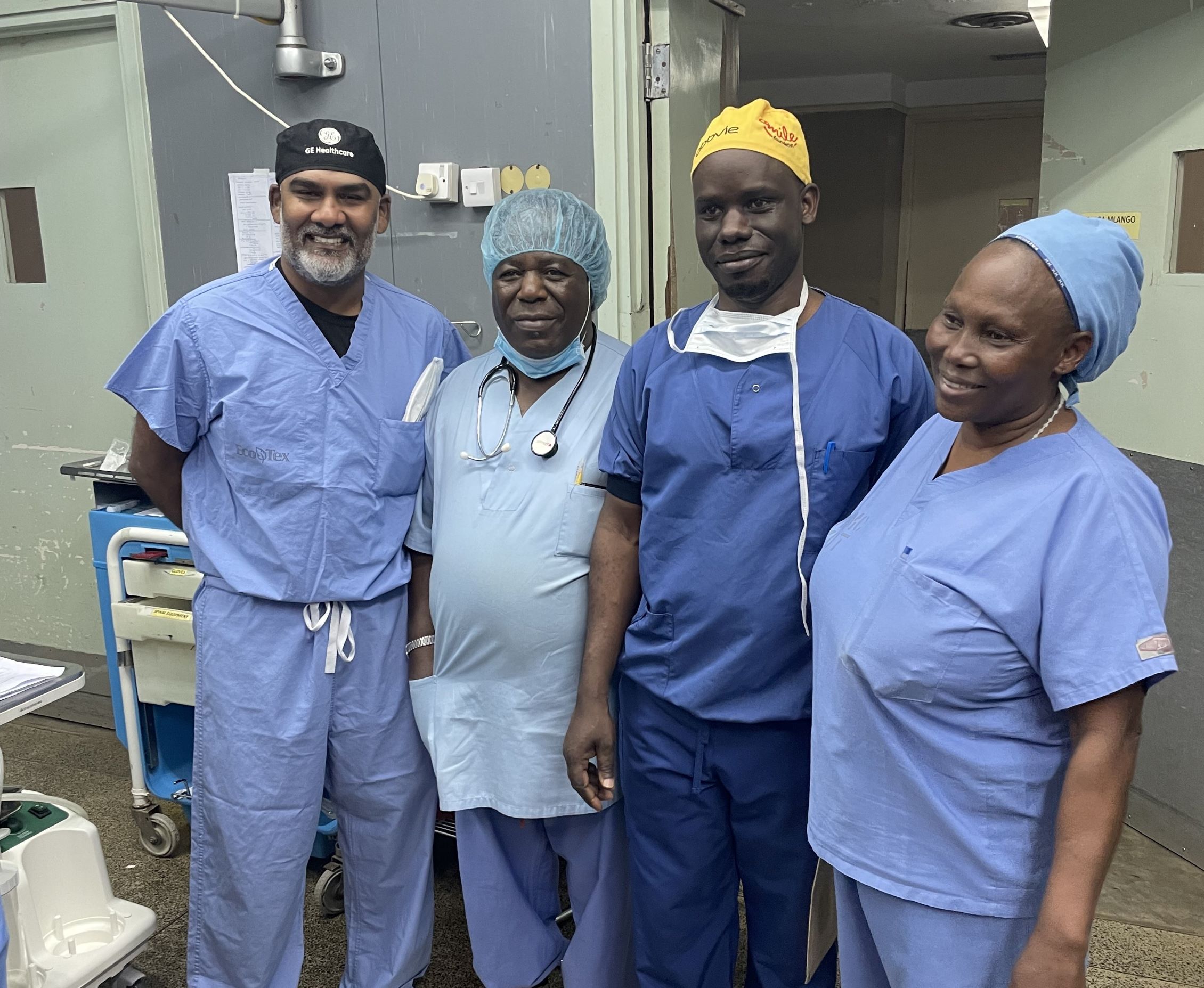
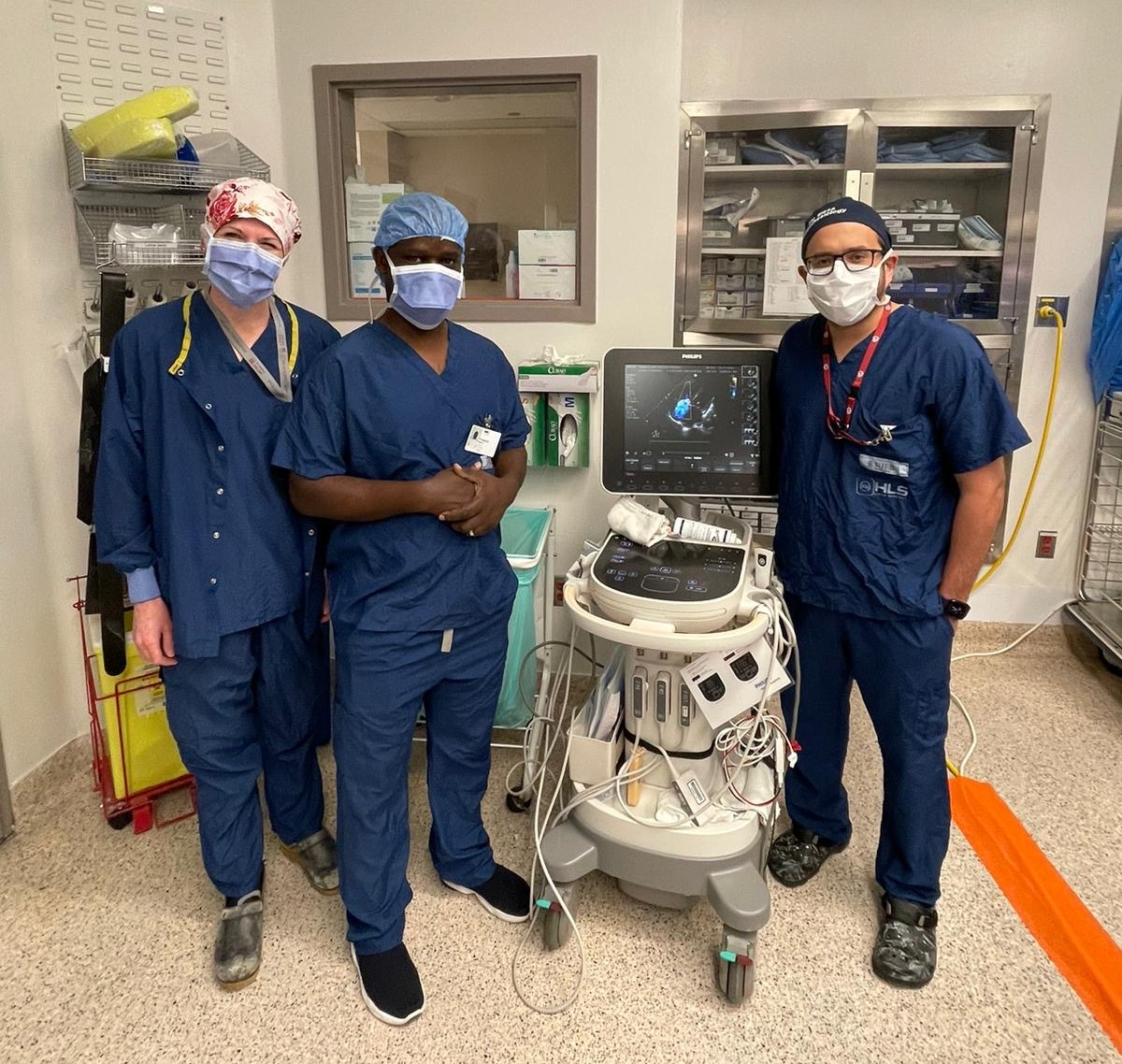
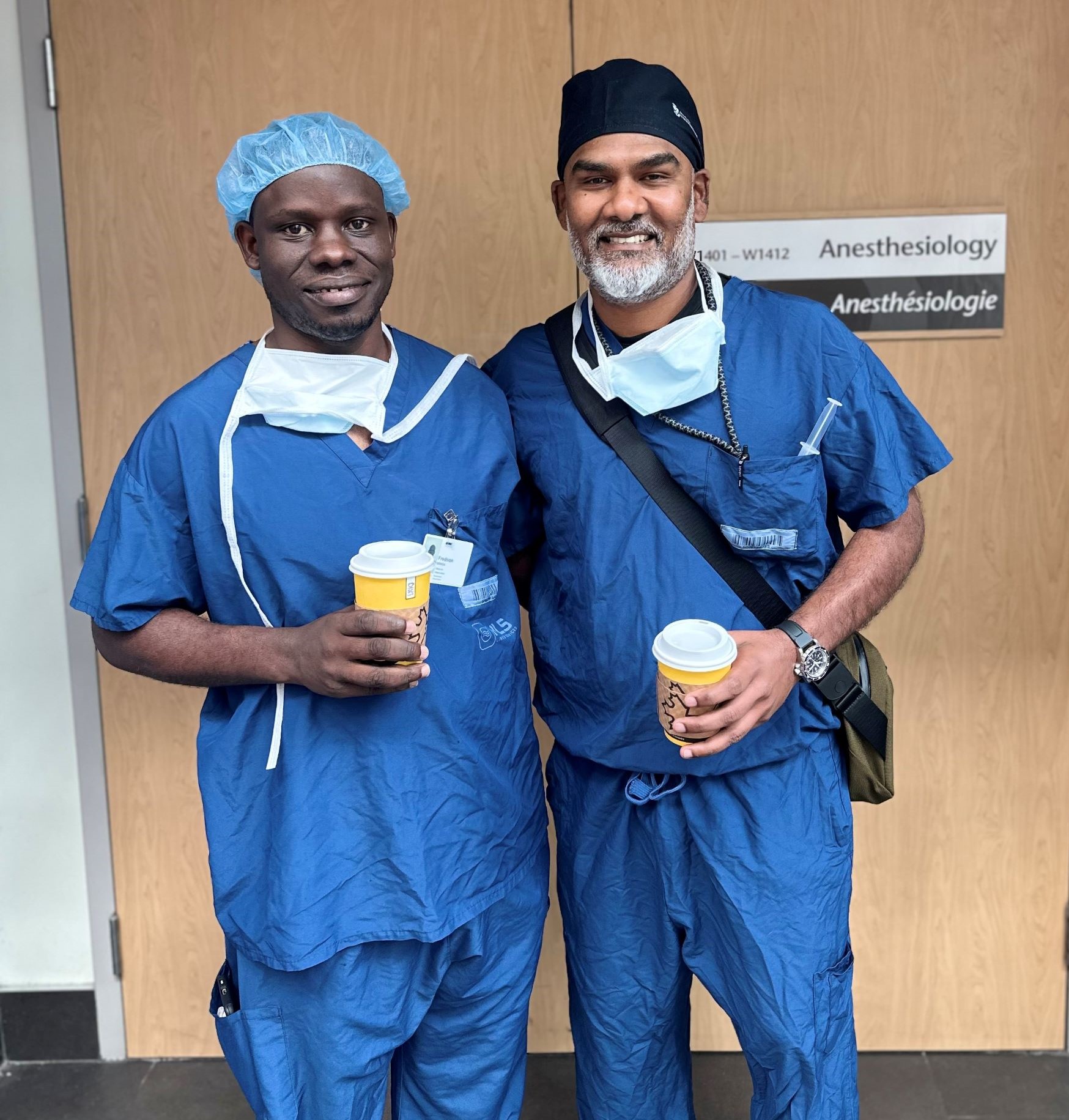
Established in 1955, the WFSA has been a leading voice for anesthesiologists worldwide, advocating for patient safety, education, and access to safe anesthesia care. With a membership spanning over 150 countries, the WFSA serves as a platform for collaboration, knowledge sharing, and professional development.
One of the key initiatives of the WFSA is its commitment to improving anesthesia care in low- and middle-income countries (LMICs) through training, capacity building, and advocacy. Through programs such as the SAFE (Safe Anaesthesia For Everybody) Initiative, the WFSA works to address the significant disparities in anesthesia care around the world, striving to ensure that every patient, regardless of where they live, has access to safe anesthesia and surgical care.
Furthermore, the WFSA plays a vital role in promoting education and training for anesthesiologists and other healthcare providers. By supporting initiatives such as the International Standards for a Safe Practice of Anesthesia and the Global Anesthesia Workforce Survey, the WFSA helps to establish and maintain high standards of anesthesia practice worldwide, ultimately contributing to improved patient outcomes and safety.

Five billion people lack access to safe surgical care. Surgical disease kills more people annually than HIV, TB and malaria combined. Unfortunately, surgical capacity is least where it is needed most. Surgical care in low resource settings is cost effective and an indispensable, indivisible part of basic health care. Our philosophy is to work with anesthesia providers in low and middle-income countries (LMIC) to develop self-sustaining programs appropriate to their own needs. Consultations and collaborations with ministries of health, anesthesia providers, anesthesia societies, and local training institutions are key to building successful partnerships.
With partners – including the University of Rwanda, the World Federation of Societies of Anaesthesiologists, the American Society of Anesthesiologists, the Canadian Network for International Surgery, Dalhousie University, Queens University, McMaster University, University of Toronto, Western University, and Global Affairs Canada – we collaborate in low resource settings to build capacity for safe, sustainable anesthesia and perioperative care.
CASIEF currently focuses on collaborative international partnerships in:
For more information on CASEIF and their collaborative international partnerships, please visit: https://casief.ca/

The GSOGAC - The global surgery, Obstetrics, gynecology & Anesthesiology committee of The Ottawa Hospital is a committee which was formed to organize and deliver events that raise awareness around the mandate of the the global health initiatives of the TOH within these respective departments.
The objectives of this committee is to form functional partnerships with organizations and LMIC sites in collaboration University of Ottawa Internationalization and Global Health Office (IGHO)
The inaugural chair of this committee is Dr. Fady K Balaa from the Department of Surgery and this committee is represented by Drs. Leo Jeyaraj and Wesley Rajaleelan, who serve as its members-at-large from the Department of Anesthesiology.
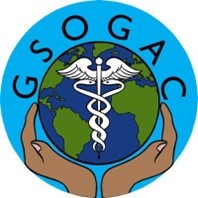
The International and Global Health Office (IGHO) aims to promote international cooperation and exchange in health education and research, by supporting and coordinating international activities and projects initiated by Faculty members and academic units that are endorsed by Faculty Leadership.
The Faculty is regularly presented with opportunities to expand its internationalization efforts, and the IGHO’s mandate is to ensure that decisions to formalize partnerships and agreements are first evaluated against a set of requirements and prioritize accordingly thereby creating a proactive strategy rather than being spontaneous and reactive. The goal is to ensure that international activities are in line with the varied educational and research priorities of the Faculty, as well as the overall internationalization efforts of the University. The GH fellows will have ample opportunities to participate in all the IGHO seminars and webinars related to global health.
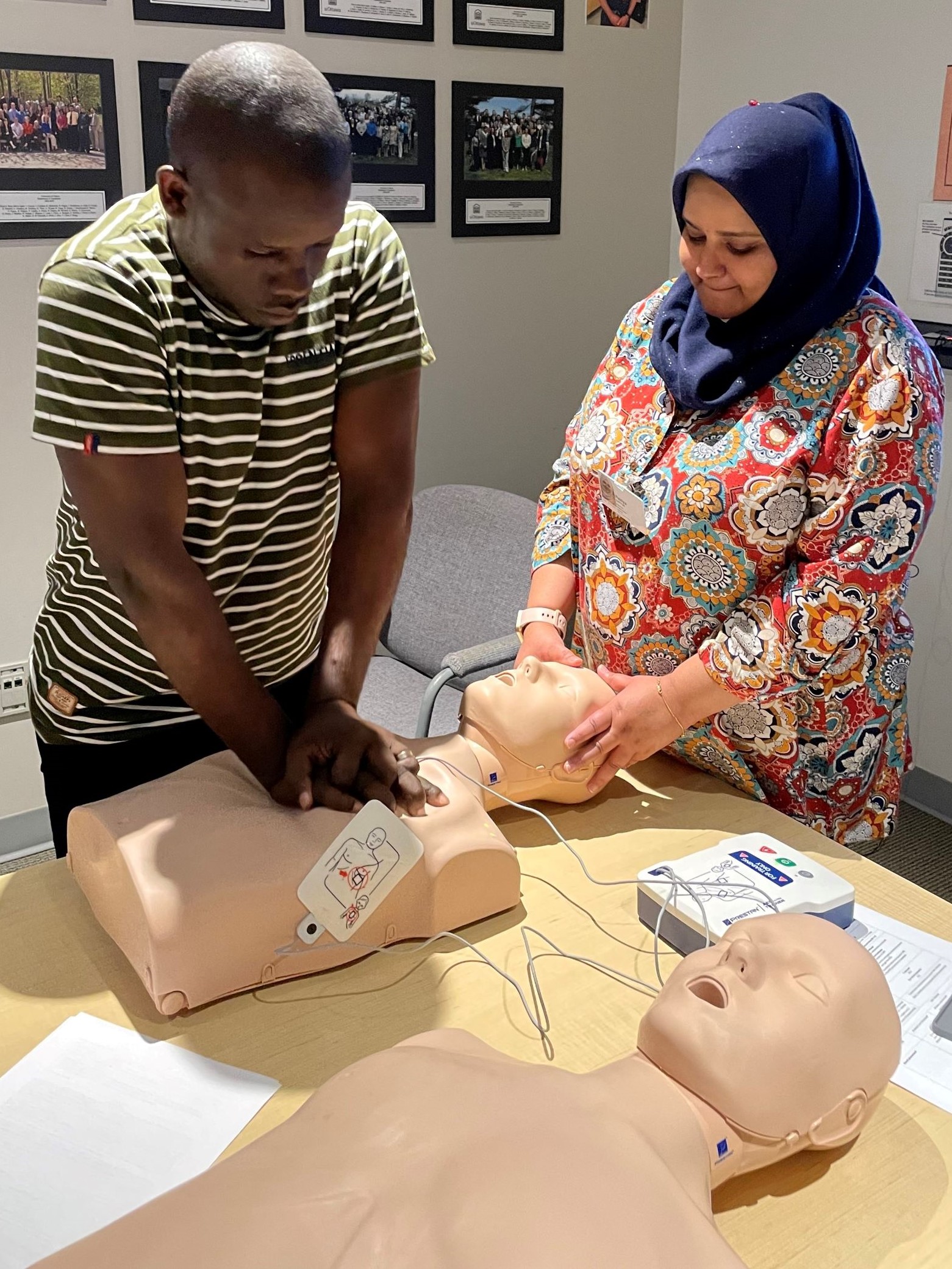
The University of Ottawa began a new global health partnership with Kilimanjaro Christian Medical Centre (KCMC) in Tanzania. This partnership will cross over many broad areas – epidemiology, undergraduate and also clinical specialties, including anesthesiology and pain medicine. The overall goal is to collaborate with KCMC to build capacity for education, clinical programs, QI and research. It is anticipated that this will be achieved with in person visits from our faculty (and residents) to Tanzania, for Tanzanian faculty to visit us here in Ottawa, and also for remote/online collaboration. This is a great opportunity to share skills, to learn and to develop a collaborative partnership that will have a real impact in the delivery of healthcare in Tanzania.
Dr Wesley Rajaleelan was the anesthesia representative for an initial delegation to KCMC in November 2022.The Kilimanjaro Christian Medical University College (KCMUCo) is situated 4 kilometers north of the town of Moshi on the enchanting slopes of the Mount Kilimanjaro, Tanzania. Established in 1997 as one of the six constituent colleges of Tumaini University, KCMUCo is affiliated with the Kilimanjaro Christian Medical Centre (KCMC) teaching hospital which serves as a government referral hospital for Northern Tanzania, serving a population of about 15 million people. In November 2022, the Faculty of Medicine from the University of Ottawa signed a MOU with KCMUCo, following a formal partnership assessment process established by the International and Global Health Office (IGHO). The 5-year MOU highlights areas of mutual interest for collaboration in multiple areas of education, research and knowledge transfer, clinical capacity strengthening, and student and faculty exchange. We have bilateral incoming and outgoing faculty mobility from the University of Ottawa to KCMC, Tanzania. The GH fellows will have numerous opportunities to contribute to this program.
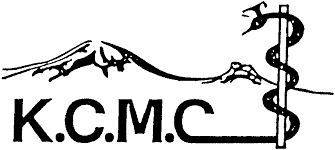
Dr Wesley Rajaleelan - Fellowship lead
Dr Leo Jeyaraj - OB anesthesia
Dr Mohamed Eissa - OB anesthesia and POCUS
Dr Tinu Sandhu - Paediatric anesthesiology
Dr Elio Belfiore - OB anesthesia, Simulation and POCUS
Dr Purnima Rao - Simulation and INSPIRE
Dr Dan McIssac - Research methodology
External Faculty
Dr Fady Balaa, University of Ottawa
Dr Wylam Faught, University of Ottawa
Dr Jason McVicar, Kamloops , BC
Dr Dylan Bould, University of Toronto
Dr Mika Hamilton, University of Toronto
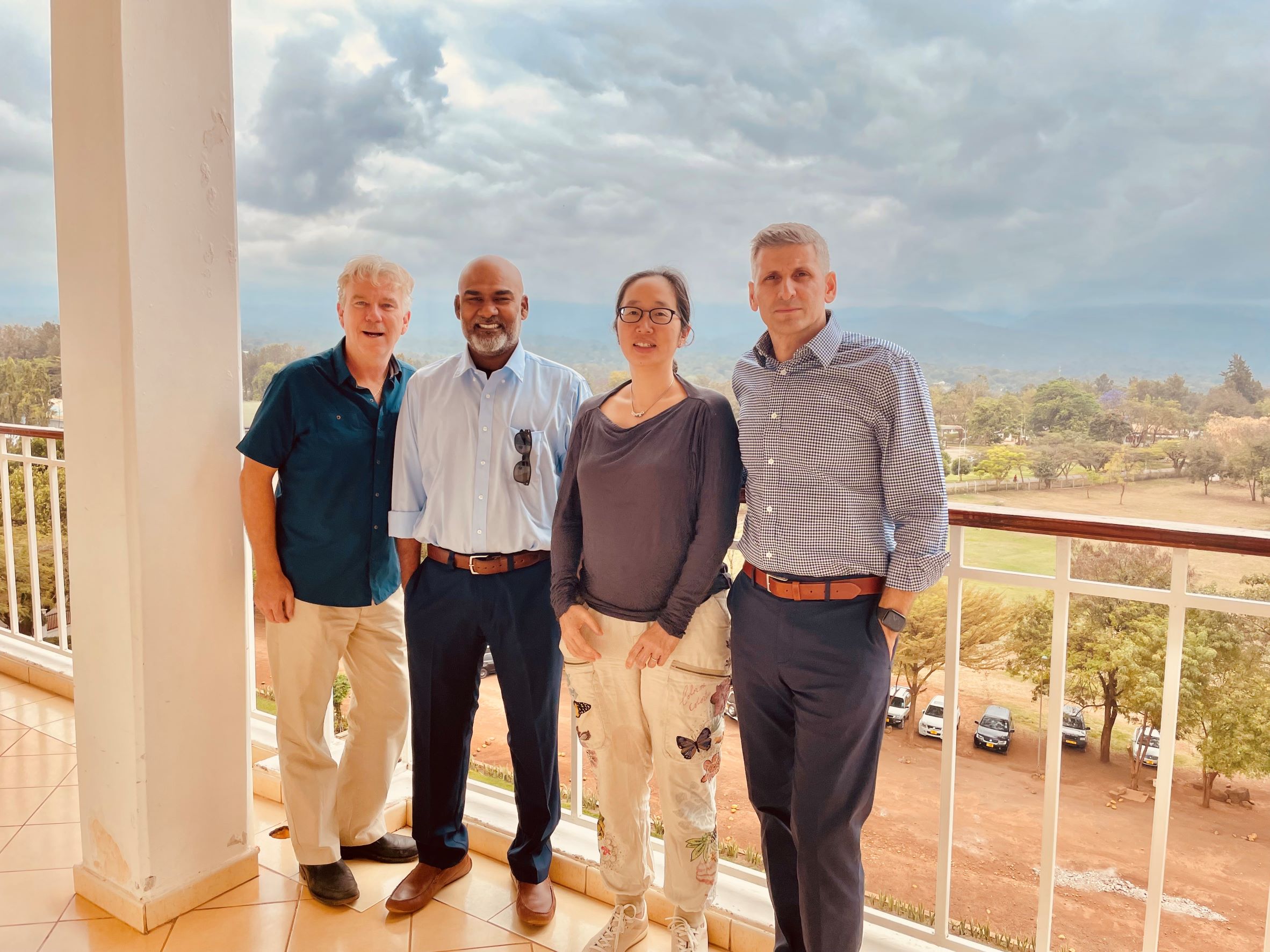
Postgraduate Medical Education - PGME | Faculty of Medicine (uottawa.ca)
For more details about application requirements, please click our Fellowship Application Instructions dropdown on the previous page.
Dr. Wesley Rajaleelan
Fellowship Lead
Jo-Anne Villeneuve
Fellowship Program Administrator
Department of Anesthesiology and Pain Medicine
[email protected]